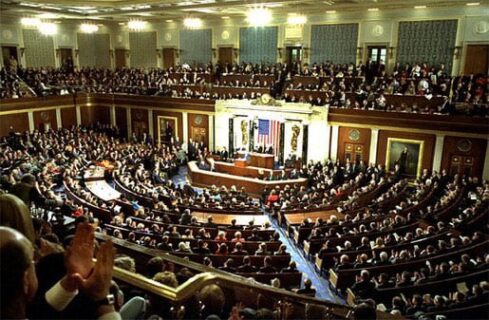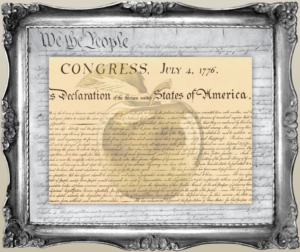
Podcast
Has Modern Government Destroyed the Separation of Powers?
The U.S. Constitution defines three branches of government: the legislative, executive and judicial. Even during the Federal Convention of 1787, delegates disagreed on the structure, powers, and responsibilities of these branches. The Federalist/Antifederalist battles during ratification; the controversy over Lincoln’s use of executive power during the Civil War; and the modern debates around an “imperial presidency,” “congressional do-nothings,” and “activist judges” illustrate that our conception of three branches is still problematic. To what extent can power be shared among coequal branches of government? Are the three branches actually coequal? And if they are coequal, is the act of governing too hard under the U.S. Constitution? Or has modern government destroyed the separation of powers?
- Federalist 51
- “Fireside Chat” on the Plan for Reorganization of the Judiciary
- Immigration and Naturalization Service v. Chadha
- Morrison v. Olson

